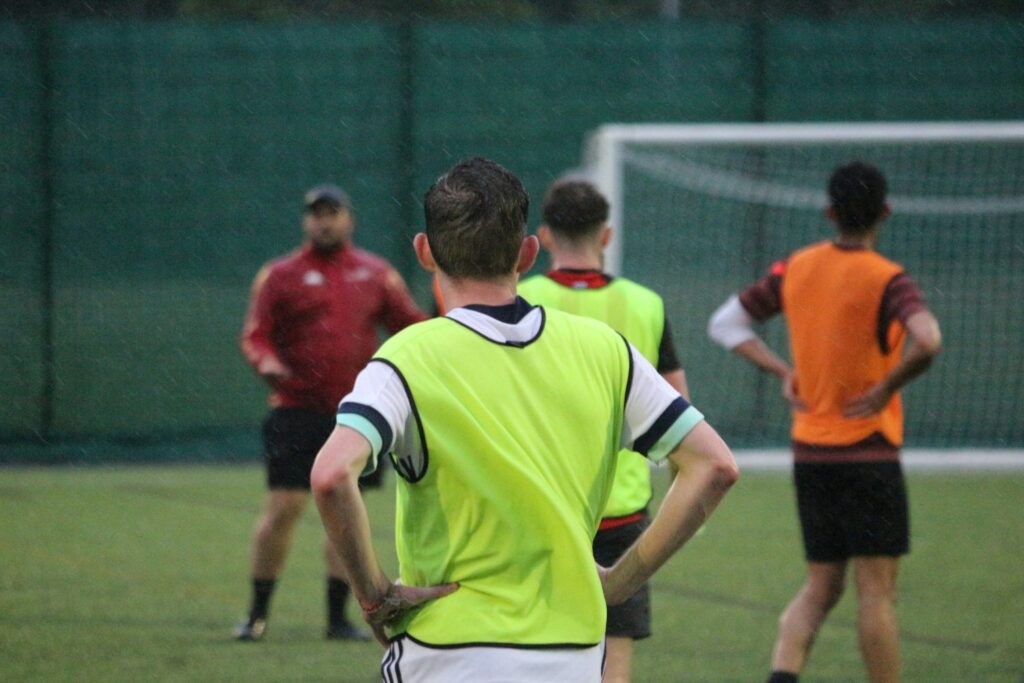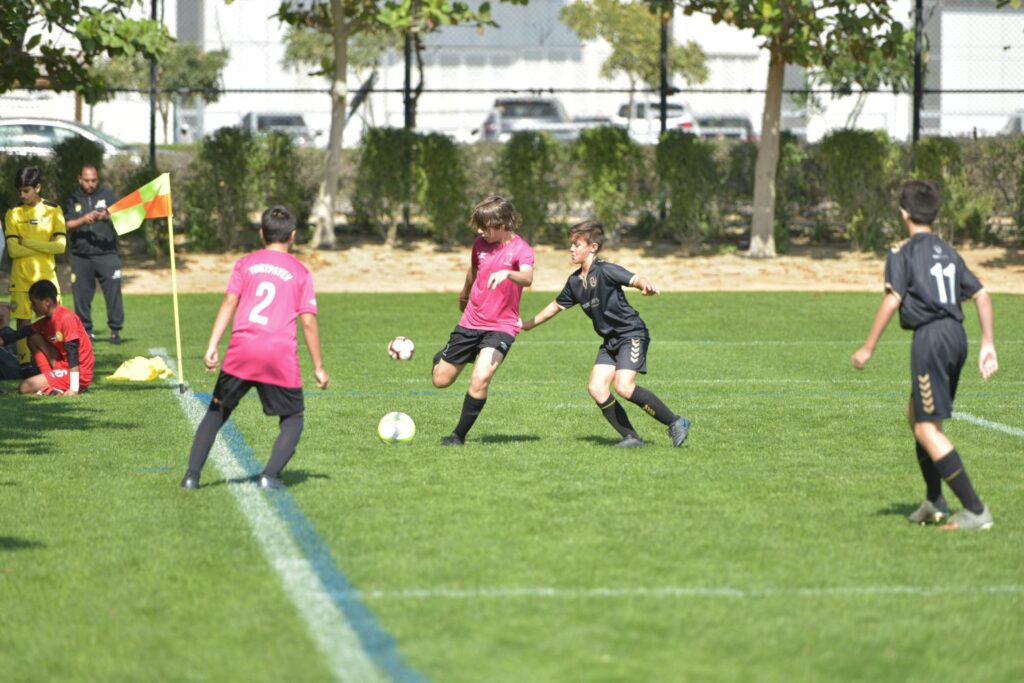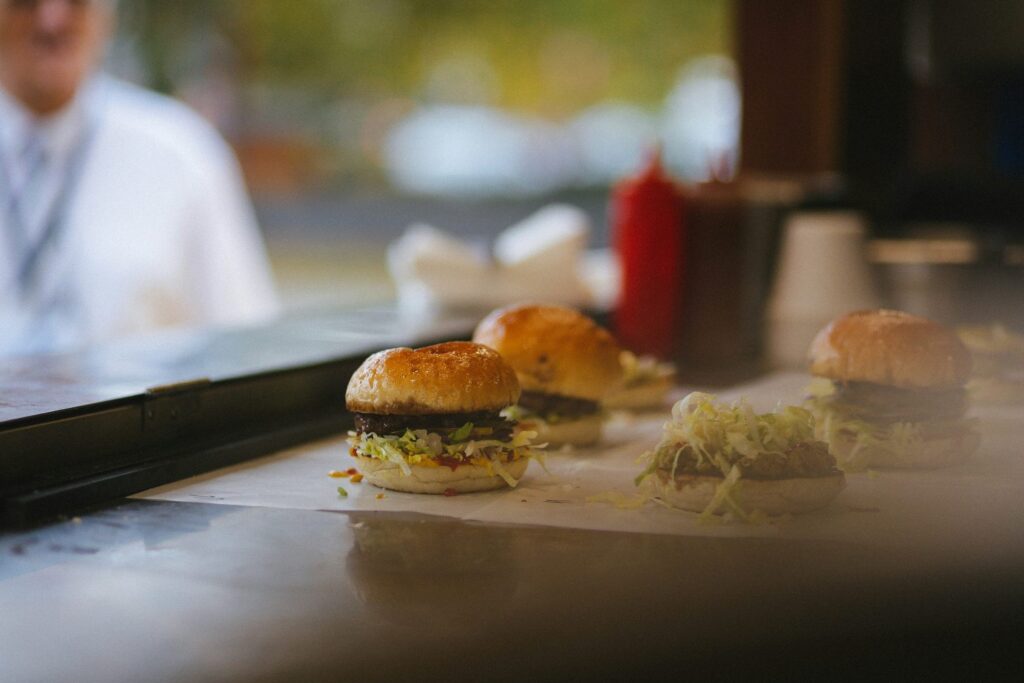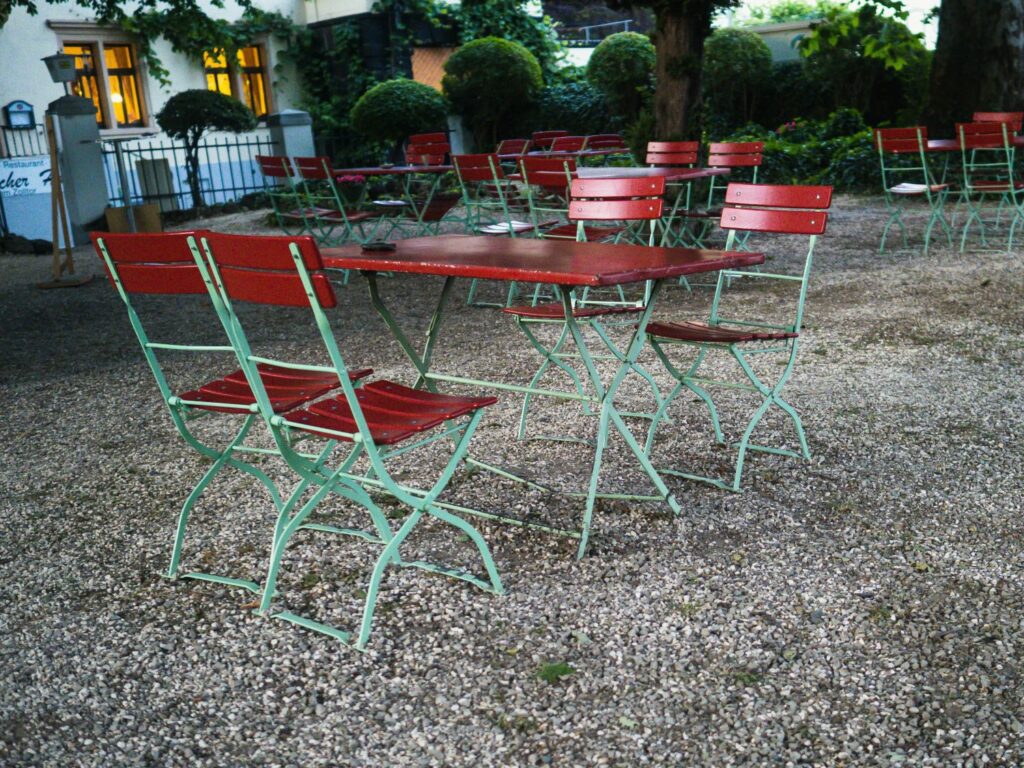Why you should be hosting a Football Gala
Sports clubs and social clubs often have access to grounds or pitches, either on their premises or neighbouring. Clubs should look to maximise their use of these pitches in order to boost profitability, especially in the summer months.
Sports tournaments and football galas are an ideal way to attract the local community to your premises, and introduce a new audience to your club. By hiring food vans, and contacting local sports teams, or asking for team submissions, a football gala can assuredly offer a lucrative and enjoyable event for all ages.
Event organising requires preparation and detailed planning. These events are important for communities and to support venues, or often to fundraise for charities – so it’s crucial to plan properly and ensure the event goes ahead smoothly. There are key insurance details and risks to be accounted for.
At Club Insure, we’ve put together the ultimate guide to hosting a football gala at your club.
Although targeted at football galas, there is no reason why these tips couldn’t apply for a different sports, such as rugby, basketball or volleyball

Select a date and time
Choose a date that suits both you, the venue and potential competitors. Also look in the diary and see if you can avoid any major events or national events – such as major sporting finals or public holidays. However you may want to run your event parallel to these, such as the Euro Finals. Check the weather – although forecasts can be inaccurate, it’s always good to have an eye on what’s happening in the sky and help to make adjustments on timings if necessary. Give your event enough time in case it runs over.
List and Prepare the Equipment Required to Run your Football Gala
The easiest way to keep track of the equipment you need to successfully execute a football gala is by doing research and making a list. Collate a list of the equipment you require; such as scoreboards, nets, cones, flags, information packs. Cross-reference this list with what you may already have in storage and then discuss with members what they may be able to bring along, such as stopwatches and whistles. Then make savvy purchases for what you may need.
There’s nothing worse than getting caught short on the day of the event, especially after all your hard work and planning. Keep updating your list throughout the planning process to ensure you have the equipment available. Also, safely store the equipment and note where it is or who has it.

Registration Portal for Participants
Not to worry, this is not as technologically advanced as it sounds. Merely, there needs to be away for managers to sign up, submit their teams, and also to manage the scorelines and eventual winners.
Have your registration platform in place before marketing the event. For small competitions, a sign-up sheet in the venue’s reception should do the trick. However for medium and large events, an online registration portal will be necessary.
Ensure your required registration details include contact information so organisers can get in touch with the team or individuals. Also mandate emergency contact details and correspondence addresses as part of the sign-up form.
Mobile-friendly registration will be expected. Online portals will often allow you to note further information about the event, such as items participants need to bring with them. Share the weblink of your sign-up sheet within your network and local community, contacting regular participators who will most likely want to be involved; as well as externally for any unknowns who may want to challenge themselves.
Market and Promote your Event

Spread word far and wide. Flyers are always great for local events, they can be posted in front door letter boxes, or handed out to local shops, pubs, clubs, bars and post offices. They can also be displayed in shop windows, on lampposts, in the townhall, or in the window of your club.
Social marketing will be your easiest way to reach a wide audience. Create a digital poster and share it on your social media channel. Ask your members and neighbouring businesses to share it too, as well as any partnering third-party services. Send the digital poster and meeting page directly to the contestants or participants, and ask them to share it too.
Key information to include when marketing your event is:
- Name of event
- Location
- Date
- Tournament format
- How to apply to compete
- How long the competition is expected to last
- What to expect
- Services available
- Fundraising actions taking place
- Winners prizes
- As well as more information about your club
Free online tools are available to make a digital or physical poster. These online platforms often offer templates that are free to use and can be easily altered to suit your particular tournament type.
Book Food Services and Third Party Vendors
The best events include additional services to entertain and serve customers and visitors. Football galas usually have a food van or drinks station, made available to players and guests. Games, carnival rides, coffee vendors, artists and exhibitors are also optional.
Book and hire these services before you market your event, they will help to attract new customers and produce a fully-fledged community event.
BE AWARE: Services and third-party businesses will require their own liability insurance, both public and employers. Request they have this in place before attending your premises.

Fundraising Opportunities
As well as improving profitability for your club – hosting a football gala for a cause or charity is beneficial. This could be in conjunction with a partnership with a charity. Tournaments which attract guests and visitors provide an excellent opportunity to raise funds with a simple fundraiser bucket or a raffle. Consider having a dedicated change bucket. Furthermore, utilise a GoFundMe page to increase accessibility and set your club a goal, a fundraising amount to break.
Charities will often provide marketing tools, merchandise and support if you notify them of your event. Get in contact with your chosen charity and see how you can help each other.
Football Gala Tournament Format
There are many formats for how to run an official football tournament. This will depend on the number of teams, whether it’s five aside seven aside or 11 aside, and how much time you allocate to each game.
Popular formats include a Single Elimination tournament, also known as a knockout tournament, Double Elimination tournament, Round robin – also known as a league tournament, Double round robin, SWISS-system, Matchmaking – also known as ladder or seeded tournaments, and Free-for-alls.
Shorter games also maximise enjoyment and allow for more games to be played. Also, for a football gala, it’s generally accepted that each team has the opportunity to play every game. Therefore, we recommend a league tournament, with perhaps the top 2 having a grand final to decide the winner.
Allocate a Safe Area for Visitors
As part of your risk assessment, clubs will need to allocate a safe area for visitors. Guests will naturally want to get as close to the action as possible. This is why it is crucial that organisers allocate a safe zone for viewers, and mandate that they do not cross the safety thresholds. This will help prevent them interrupting play, and reduce the likelihood of accidents and bodily harm.
Provide signs to clearly indicate where visitors should be at all times. Publish visitor information at entrances and car parks to safely funnel guests.

Purchase additional public liability insurance
Standard club insurance may not cover your club incase of events and gatherings on the premises. Due to the increases capacity, there is a much higher likelihood of injury or accident, and a claim being made against your club. Additional insurance will also cover you for third-party damages and legal fees.
For a football gala, clubs will require one day event insurance. Insure Our Event have an excellent quote form which is free to view and compare. They also provide information specific to sporting events.
Cancellation Insurance
Sometimes, the uncontrollable happens and events have to be cancelled or postponed. The presiding road could be blocked, your car park could be flooded or an organiser may have died. If the worst happens, then you may need to cancel the event.
Consider purchasing cancellation insurance to cover the costs of hiring vendors and placing deposits. See event cancellation cover through Insure Our Event to learn more, and purchase it as an add on in the quote form.
